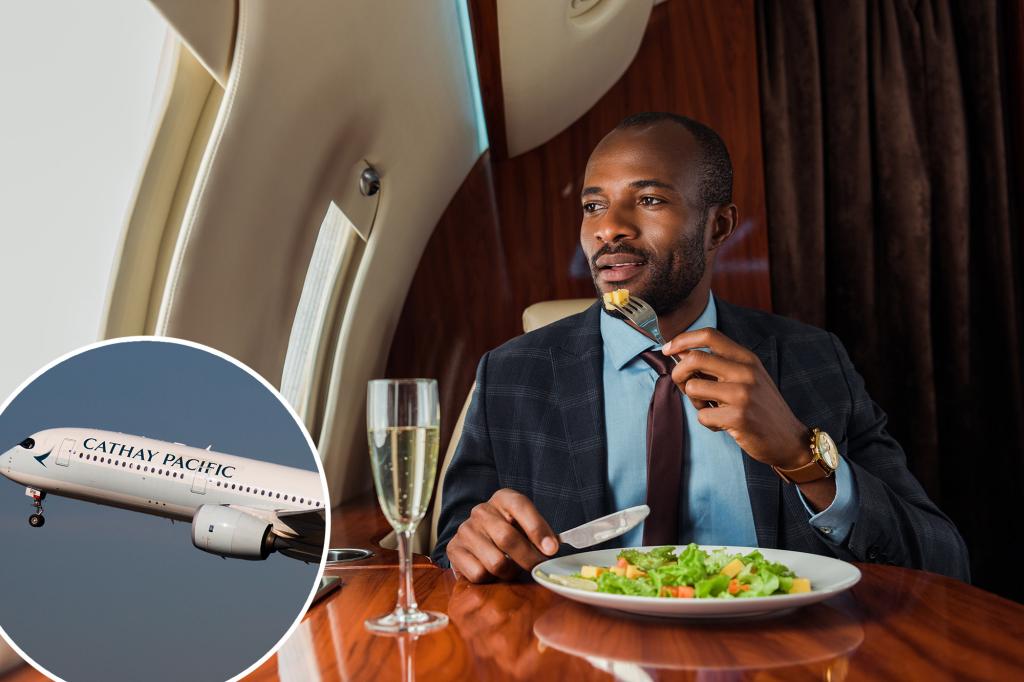In response to the growing trend of sustainable practices in the aviation industry, Cathay Pacific, a five-star airline based in Hong Kong, has considered implementing a BYOC policy, or Bring Your Own Cutlery. This idea was gauged through a member survey circulated in their Cathay Lab community, which consists of regular business class travelers. In addition to bringing their own cutlery, passengers were also asked about recycling empty water bottles themselves or giving them to flight attendants. Although it is not clear if these ideas will be implemented on their aircraft, it highlights the airline’s efforts to promote sustainability.
Flying business class typically comes with bonus perks such as larger seats, meal service, and other amenities that cater to a more comfortable travel experience. However, as travelers continue to express concerns about the shrinking seats and lack of legroom on passenger planes, aircraft interiors may be undergoing a transformation. Italian Aerospace company Optimares recently introduced a new aircraft seat design that can convert into a bed for long-haul flights. This innovative seating option features an ottoman and leg rest beneath the sofa bed, increasing the surface area by 25% compared to traditional business class seats.
The newly designed aircraft seat, known as the “SoFab,” offers passengers a spacious and comfortable sleeping area that measures 40 inches wide and 78 inches long, similar to a twin bed. This space-optimized extension of the seat provides travelers with a more restful experience during long journeys. In addition to the enhanced comfort, the SoFab seats are also lightweight, making them more fuel-efficient compared to standard seats currently used in aircraft. Despite its promising features, these seats have not yet been integrated into any airline’s aircraft design.
As airlines strive to enhance the passenger experience and meet the demands of travelers for more comfort and sustainability, innovative ideas like the BYOC policy and the SoFab seat design may become more common in the aviation industry. The shift towards sustainable practices reflects a growing awareness of the environmental impact of air travel and the need for more eco-friendly solutions. While these changes may take time to implement across airlines, the focus on sustainability and passenger comfort signals a positive direction for the future of air travel.
By exploring new concepts like BYOC policies and innovative aircraft seat designs, airlines like Cathay Pacific and companies like Optimares are at the forefront of creating a more sustainable and comfortable travel experience for passengers. These initiatives reflect the evolving needs and expectations of travelers, who are increasingly seeking greener and more luxurious options when flying. As the aviation industry continues to adapt to changing trends and priorities, passengers can look forward to more environmentally friendly and customer-centric solutions that enhance their overall travel experience.















